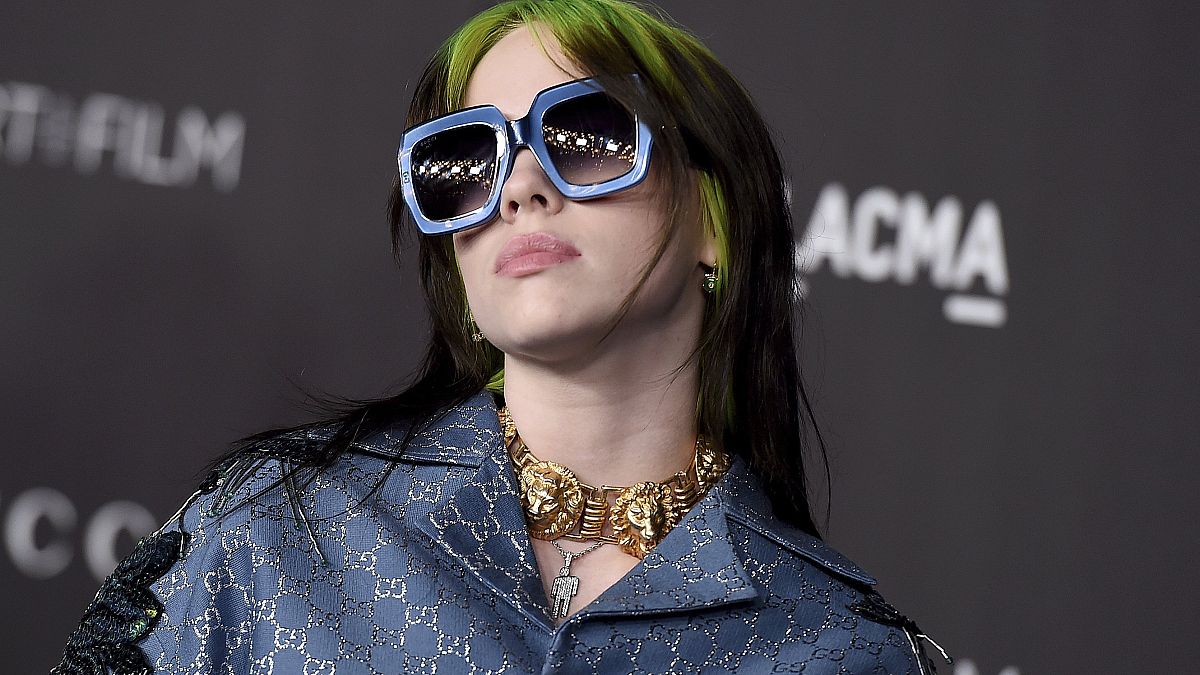The world’s largest music labels are suing AI song generators for copyright infringement

In this groundbreaking case, Sony Music Entertainment, Universal Music Group and Warner Records are suing AI startups Suno and Udio for alleged copyright infringement. This comes months after more than 200 artists signed an open letter calling for a stop to the “predatory” use of AI in the music industry.
Artificial intelligence is a hotly debated topic in the music industry, with debates ranging from the creative possibilities of the new technology to concerns about its legality.
The pressure has just increased as some of the world’s biggest record labels are suing two AI startups, Suno and Udio, for alleged copyright infringement. The groundbreaking case claims the startups are exploiting artists’ recorded works to an “almost unimaginable extent.”
The Recording Industry Association of America announced yesterday (Monday, June 24) the lawsuits filed by labels including Sony Music Entertainment, Universal Music Group and Warner Records.
The “motive is blatantly commercial and threatens to crowd out the genuine human artistry that is at the heart of copyright protection,” the record companies said in the lawsuits, adding that there is nothing about the AI that exempts the companies from “playing by the rules.” They warned that the “large-scale theft” of the recordings threatens “the entire music ecosystem.”
They claim that Suno and Udio’s software steals music to “spit out” similar works and are demanding compensation of $150,000 (about 140,000 euros) per work.
One case was filed in federal court in Boston against Suno AI, the other in New York against Uncharted Labs, the developer of Udio AI.
Mikey Shulman, CEO of Suno AI, said in an emailed statement that the technology is “designed to generate entirely new results, not to memorize and replay content that already exists” and that it does not allow users to reference specific artists.
Shulman said his Cambridge, Massachusetts-based startup has tried to explain this to labels, “but instead of having a serious discussion, they’ve gone back to their old lawyer-dictated maneuver.”
Udio has not commented yet.
RIAA Chairman and CEO Mitch Glazier said in a written statement that the music industry is already working with responsible AI developers, but said that “unlicensed services like Suno and Udio, which claim it is ‘fair’ to copy an artist’s life’s work and exploit it for their own profit without consent or payment, destroy the promise of truly innovative AI for all of us.”
In March, Tennessee became the first U.S. state to pass a law protecting songwriters, artists and other music industry professionals from the potential dangers of artificial intelligence. The law goes into effect on July 1.
At the time, Tennessee Governor Bill Lee said: “Artists have intellectual property. They have gifts. They have a uniqueness that belongs to them and them alone, and artificial intelligence certainly does not.”
The goal is to ensure that AI tools cannot recreate an artist’s voice without their consent. This was repeated a month later when more than 200 artists signed an open letter from the Artist Rights Alliance calls on AI technology companies, developers and platforms to stop using AI to violate and devalue the rights of human artists.
Artists such as Stevie Wonder, Billie Eilish, Robert Smith and Nicki Minaj signed the letter calling for an end to the “predatory” use of AI in the music industry.
The letterwho acknowledged the creative possibilities of new AI technology, stated: “Make no mistake: We believe that AI, when used responsibly, has enormous potential to enhance human creativity in ways that enable the development and growth of new and exciting experiences for music fans everywhere.”
“Unfortunately, some platforms and developers are using AI to sabotage creativity and undermine artists, songwriters, musicians and rights holders. When used irresponsibly, AI poses a huge threat to our ability to protect our privacy, our identities, our music and our livelihoods.”
“Without control, AI will create a race to the bottom that will reduce the value of our work and prevent us from being fairly compensated for it,” the letter continues. “This attack on human creativity must stop. We must protect ourselves from the predatory use of AI to steal professional artists’ voices and images, violate creators’ rights, and destroy the music ecosystem.”



